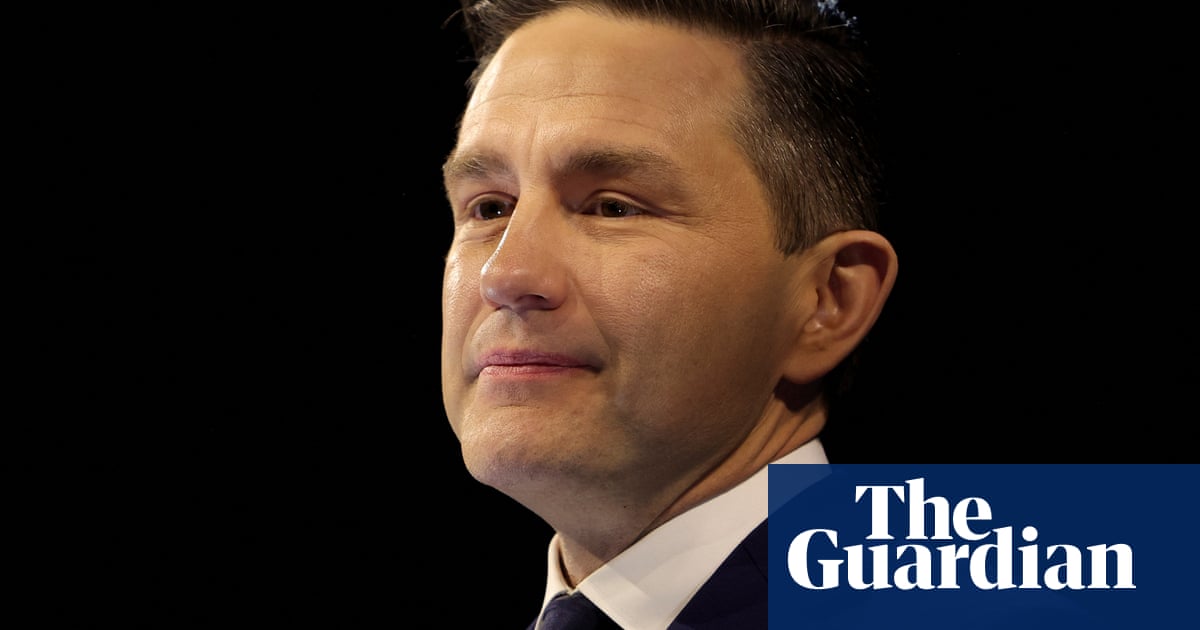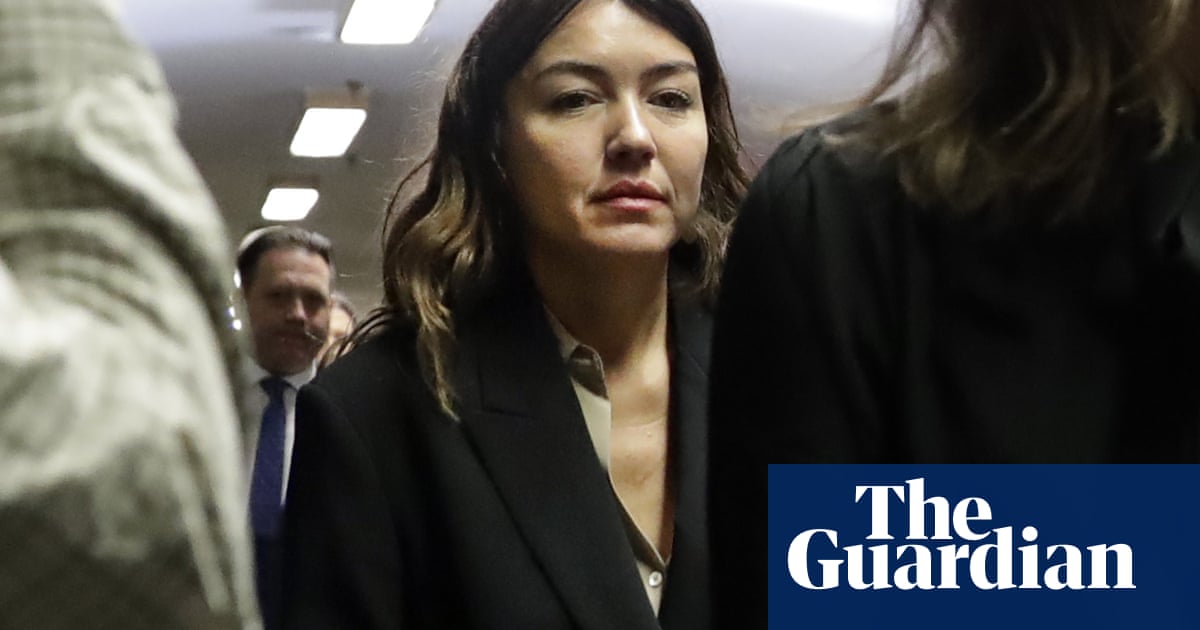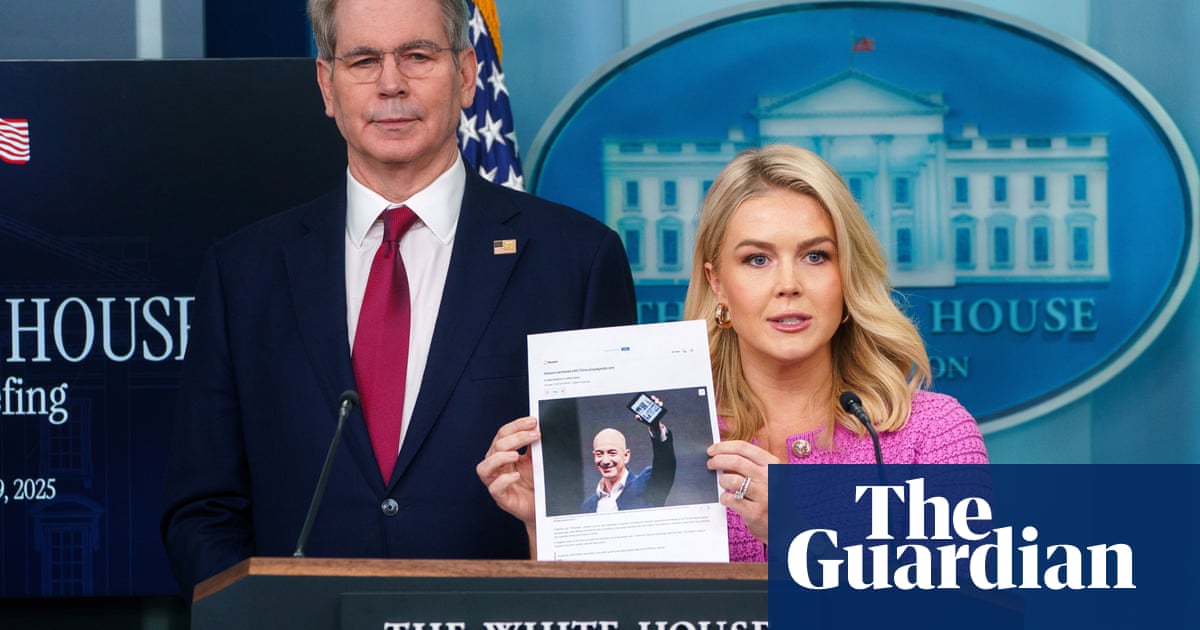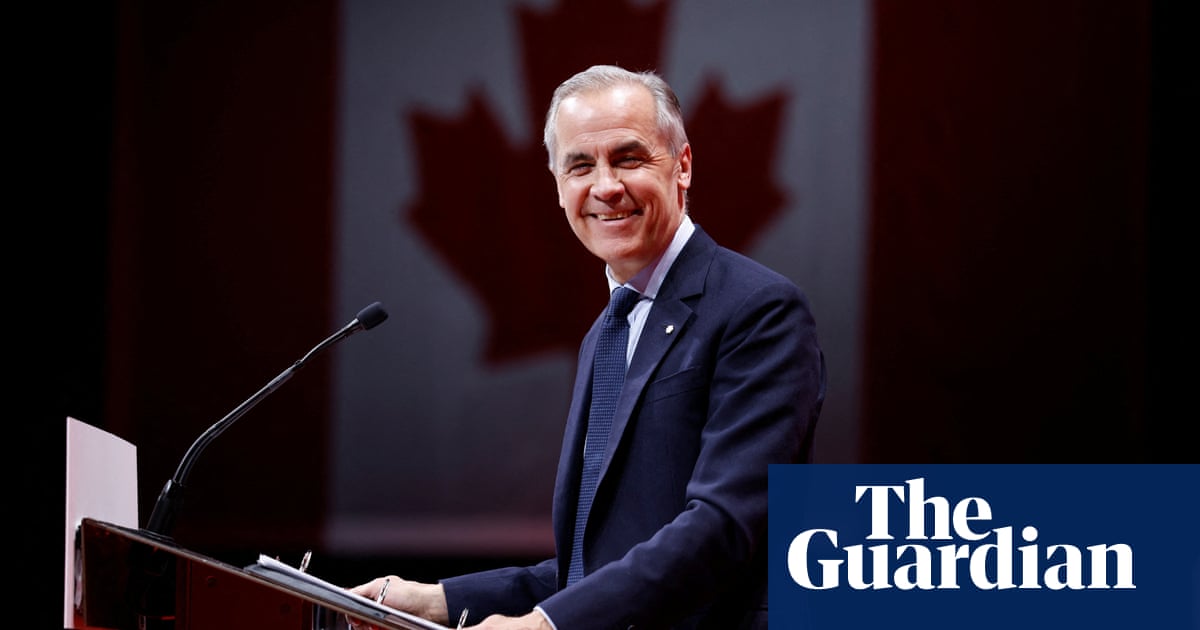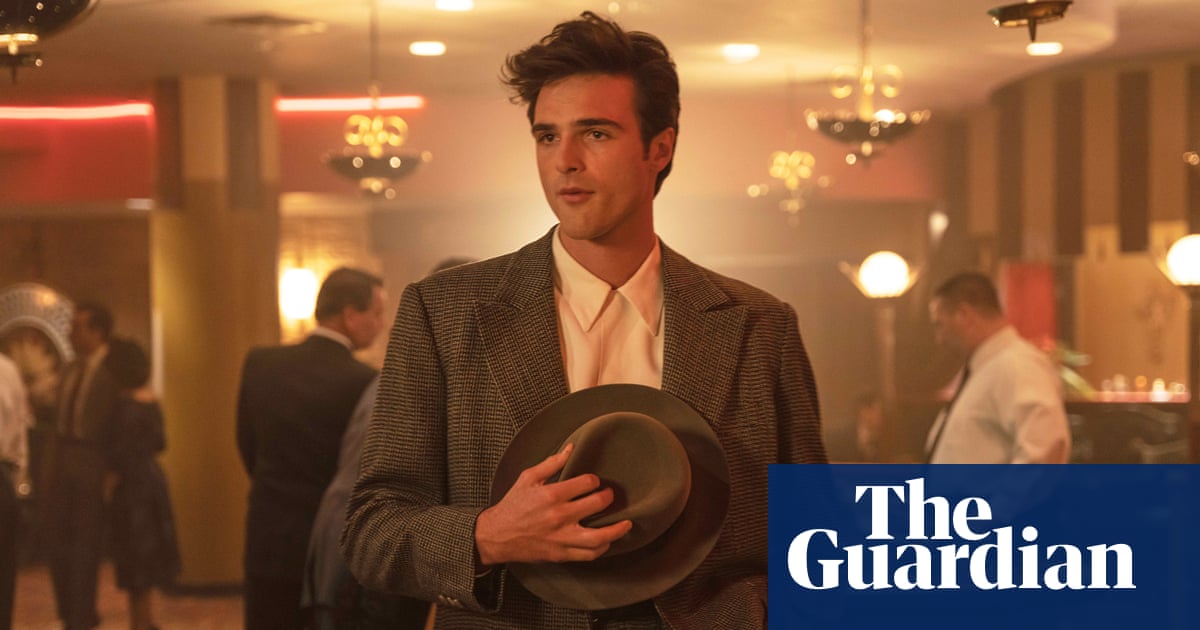Neat and funny, with precise articulation and a range of tone covering rheumy-eyed grizzling to sarcastic pomposity and mock disbelief, Charles Kay, who has died aged 94, was one of the very best supporting actors of the past seven decades.
He did occupy, outstandingly well, the title roles in classic Molière comedy (Tartuffe at the Edinburgh festival in 1974, Harpagon in The Miser at the National Theatre in 1991), but he made his name bolstering the major companies in our postwar theatre.
In the first phase of the English Stage Company at the Royal Court he was in plays by Arnold Wesker (Roots, with Joan Plowright, and The Kitchen, in 1959) and John Osborne (Luther, with Albert Finney, in 1961; he was Pope Leo).
He joined Peter Hall’s Royal Shakespeare Company in 1963 to appear as the Duke of Clarence (Ian Holm as Richard III) in the legendary Wars of the Roses cycle and a characteristic sharply edged double of the Player Queen and Osric in the David Warner Hamlet (1965).
And in 1967 he moved on to Laurence Olivier’s National Theatre, notably as a forlorn and moody Celia in the all-male As You Like it (Ronald Pickup as a flower-power Rosalind, Anthony Hopkins as a slatternly Audrey). His Celia wanted to be anywhere but that forest.
With that triple springboard he could launch into major television series – he had first appeared on TV in 1961 – and the West End, where he appeared in 1978 as the Egyptian doctor in a Haymarket revival of Shaw’s The Millionairess, and graced the first London cast of the long-running ghost story The Woman in Black (adapted by Stephen Mallatratt from Susan Hill’s novel) in 1989 at the Strand, Playhouse and Fortune.
More recently, he was a splendidly dyspeptic grandee, the Earl of Caversham, in a 2010 revival of Oscar Wilde’s An Ideal Husband at the Vaudeville.
He had started in rep in a 1958-59 season at the Belgrade, Coventry, in one of his favourite roles, Lord Fancourt Babberley, the farcical drag hero in Charley’s Aunt (“ I’m Charley’s Aunt from Brazil, where the nuts come from”); in 2012 he ended his London stage career in the same play at the Menier Chocolate Factory in Southwark – as the po-faced college scout Brasset.

Born in Coventry with the name of Alfred Charles Piff, he as the son of Charles Piff, who had served in the first world war, and his wife Frances (nee Petty), who lived to be 100. He had a younger sister who married and emigrated to America.
Charles was educated at Warwick school (evacuated during the second world war to north Wales) and Birmingham University, where he studied medicine. He trained as a dental surgeon but, after doing his national service, enrolled at Rada, where he won the Bancroft gold medal in 1958.
He had already joined the BBC radio repertory company in 1957, and went straight from Rada to his local theatre, the Belgrade, where, in a company that included the future RSC stars Patsy Byrne and Alan Howard, he played an astonishing range of parts, not only in the premiere of Roots (as Jimmy Beales), but also in Julius Caesar, Arsenic and Old Lace, The Merchant of Venice, Beverley Cross’s One More River, and Great Expectations (as Herbert Pocket).
Notable roles in the 1970s included the blind prophet Teresias in The Bacchae for the Actors Company, formed by Ian McKellen and Edward Petherbridge; Dauphin to the Saint Joan of Eileen Atkins at the Old Vic; and another sceptical cold fish, Cassius, in Julius Caesar at Chichester.
He also played Sam in a fine 1978 revival of Harold Pinter’s The Homecoming at the Garrick, alongside Timothy West, Gemma Jones and Michael Kitchen, and a riveting Bosola in a 1979 Birmingham Rep production of The Duchess of Malfi, with Janet Suzman and Peter Eyre.
One of his closest friends was Penelope Keith – they had both “walked on” at the RSC in Stratford-upon-Avon in 1963 – and they worked together in two Bernard Shaw comedies: in one performance of The Millionairess at the Haymarket, he tripped over a rug on entering and rendered Keith speechless with mirth for several minutes; and in Mrs Warren’s Profession on tour. In the latter, said the director Alan Strachan, Kay was witty and civilised as the architect Praed, sprouting a surprise vein of melancholy.
Kay featured in many classy television series: Churchill’s People (1975) as Sir Thomas Fairfax; in I, Claudius (1976) as Gallus; Edge of Darkness (1985) with Bob Peck; and Fortunes of War (1987) with Emma Thompson and Kenneth Branagh. He kept good company again in a comic TV movie written by David Turner, The Prodigal Daughter (1975), as a junior cleric – alongside another great friend, Jeremy Brett – with Carolyn Seymour and Alastair Sim as an elderly rector.
In films he was less prominent, appearing in Bachelor of Hearts (1958), a campus comedy written by Leslie Bricusse and Frederic Raphael, and Piccadilly Third Stop (1960), a London criminal caper of theft, blackmail and adultery led by Dennis Price and Mai Zetterling, both directed by Wolf Rilla.
Later, he was the Archbishop of Canterbury in Branagh’s Henry V (1989) and the solicitor Gribsby (who only appears in the rarely done four-act version of the play) in Oliver Parker’s enjoyable The Importance of Being Earnest (2002) with Reece Witherspoon, Judi Dench, Colin Firth and Rupert Everett.
He returned to the RSC twice in later years – as a British art historian in David Edgar’s Pentecost (1994), a tremendously well-argued response to the tragedy of Sarajevo and the provenance of a lost fresco in the ruins of a Byzantine church; and as the acerbic wiseacre Lafeu in Gregory Doran’s exquisite 2003 production of All’s Well That Ends Well, with Dench as the Countess, and Guy Henry as Parolles.
Like John Gielgud, Kay did the Times crossword every day and for many years played bridge with Keith, Brett and John Saunders. He lived on his own in Parson’s Green, west London, and then latterly in a nursing home in Wimbledon. His family, he always said, was “a family of friends”.

 3 months ago
53
3 months ago
53


